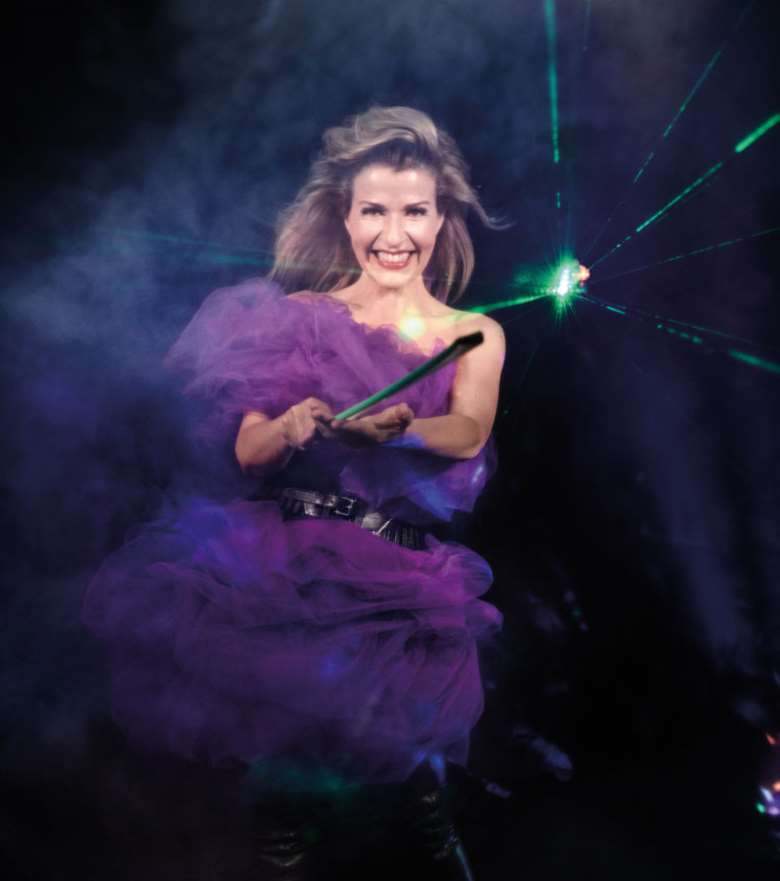Anne-Sophie Mutter interview: ‘we have the problem of a record industry that is firing up one musician after the other, because the market wants new faces’
Neil Fisher
Friday, September 20, 2019
Violinist Anne-Sophie Mutter has been working on an unexpected project with John Williams, for which the film composer has adapted excerpts from some of his most famous soundtracks, reports Neil Fisher

Register now to continue reading
Thanks for exploring the Gramophone website. Sign up for a free account today to enjoy the following benefits:
- Free access to 3 subscriber-only articles per month
- Unlimited access to our news, podcasts and awards pages
- Free weekly email newsletter







